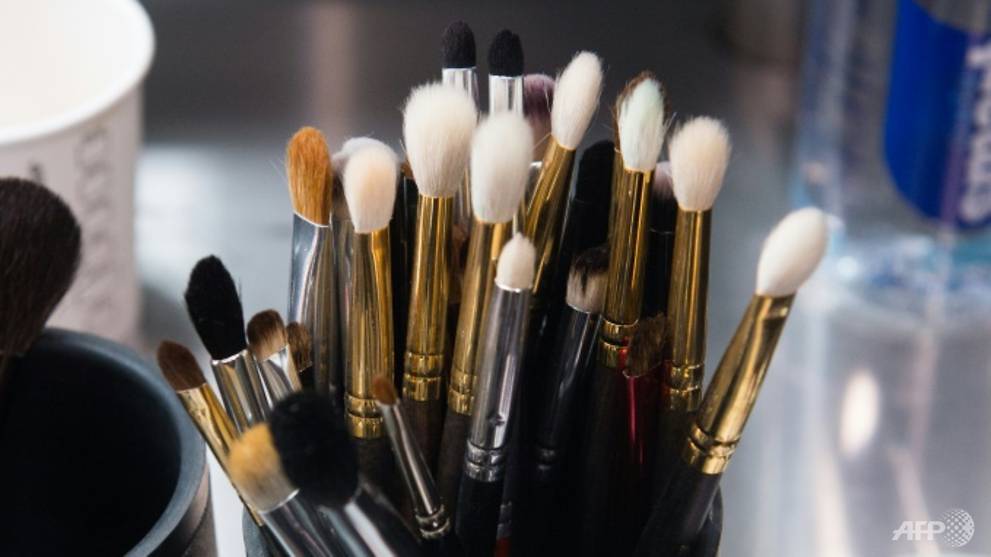
[ad_1]
TOKYO: A major Japanese cosmetics firm faced online boycott calls on Wednesday (December 16) after its CEO used a racial slur on Koreans and bragged that his firm was “purely Japanese.”
DHC’s Yoshiaki Yoshida made the comments in a message on the company’s website in which he attacked rival Suntory, a major beverage manufacturer that competes with DHC in the health supplement sector.
“For some reason, the models hired for Suntory commercials are almost all Korean-Japanese. So they seem to be mocked on the internet as ‘Chontory,'” he wrote.
“Chon” is a derogatory term for Koreans in Japan, widely considered discriminatory.
Yoshida went on to write that the DHC employees were all “pure Japanese” by comparison.
Discrimination against Koreans in Japan dates back decades, against a backdrop of strained ties between Seoul and Tokyo over issues related to the history of the war.
The post was published last month, but it only caught the public’s attention this week, causing anger among many Japanese Twitter users, who began using the hashtag “I no longer buy products from the discriminatory DHC.”
The firm, which also operates in South Korea, Taiwan, the United Kingdom and the United States, did not immediately respond to requests for comment.
“I can no longer trust the products of such a company. I am against discrimination!” wrote a Twitter user.
“Can’t they do business without discriminating against minorities, consumers and other companies? I will say no to such a shallow company,” wrote another.
LEE: Osaka surprised by the impact of her call for racial justice
WATCH – Decoding Japan: Being Japanese
Japan has laws against hate speech, but a Justice Ministry official contacted by AFP said it would only intervene if a formal complaint was filed.
“The main policy of the ministry on the subject is to launch campaigns against hate speech in general,” he said.
During Tokyo’s colonial rule from 1910 to 1945 on the Korean Peninsula, millions of Koreans moved to Japan, either voluntarily or against their will.
When Japan surrendered at the end of World War II, hundreds of thousands of ethnic Koreans remained and many suffered discrimination and hardship.
The social media backlash against DHC comes after a recent Nike ad highlighting racism and bullying in Japan, including against a boy wearing traditional Korean garb, also caused a stir online.
Although the ad had received more than 91,000 likes on the Nike Japan YouTube channel as of Wednesday, it had also been rejected by more than 69,000 viewers.
Some accused Nike of anti-Japanese sentiment and even called for a boycott of its products.
Japan is still a fairly homogeneous country and mixed-race children can often face prejudice, although attitudes among the younger generations are changing.